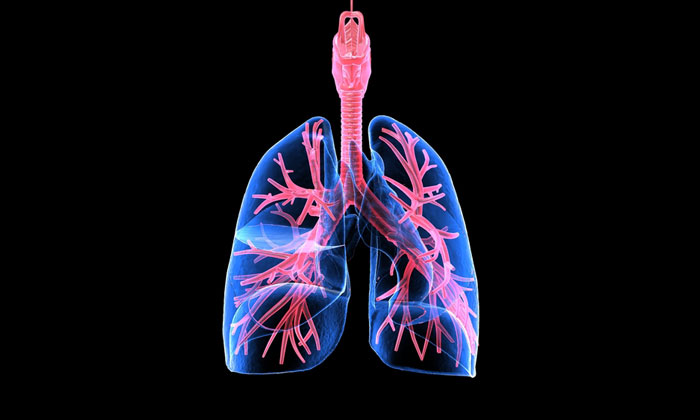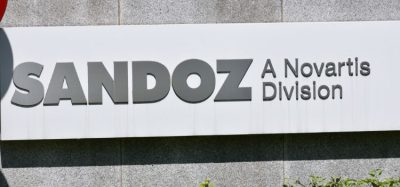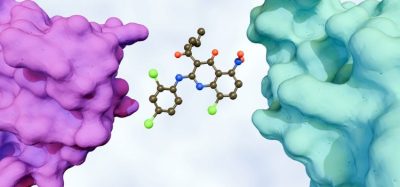AstraZeneca lung cancer drug receives FDA approval
Posted: 4 April 2017 | | No comments yet
The US Food and Drug Administration (FDA) has granted full approval for AstraZeneca’s Tagrisso (osimertinib) tablets, for the treatment of patients with metastatic epidermal growth factor receptor (EGFR) T790M mutation-positive non-small cell lung cancer (NSCLC), as detected by an FDA-approved test, whose disease has progressed on or after an EGFR tyrosine kinase inhibitor (TKI) therapy.


Tagrisso is the first and only approved medicine in the US indicated for NSCLC patients who have tested positive for the EGFR T790M mutation, and efficacy data suggest it may be a new standard of care for these patients.
Supporting study
The full approval in the US is based on data from the randomised, Phase III AURA3 trial, in which Tagrisso significantly improved progression-free survival (PFS) versus platinum-based doublet chemotherapy, providing 10.1 months of median PFS compared to 4.4 months from chemotherapy.
Adverse reactions
In AURA3, the most common adverse reactions observed in Tagrisso-treated patients were diarrhoea (41%), rash (34%), dry skin (23%), nail toxicity (22%), and fatigue (22%). Dose reductions occurred in 2.9% of patients treated with Tagrisso. The most frequent adverse reactions that led to dose reductions or interruptions were prolongation of the QT interval as assessed by ECG (1.8%), neutropenia (1.1%), and diarrhoea (1.1%).
Serious adverse reactions were reported in 18% of patients treated with Tagrisso and 26% of patients in the chemotherapy group. No single serious adverse reaction was reported in 2% or more patients treated with Tagrisso.
Sean Bohen, Executive Vice President, Global Medicines Development and Chief Medical Officer at AstraZeneca, said, “By following the science, we aim to turn lung cancer into a chronic, manageable disease for patients and this milestone brings us one step closer to that ambition. The FDA’s full approval reinforces the potential of Tagrisso to become the standard of care for these patients.”
Tagrisso was granted Fast Track, Breakthrough Therapy and Priority Review designations by the US FDA, and received Accelerated Approval for this indication in 2015 based on tumour response rate and duration of response.









